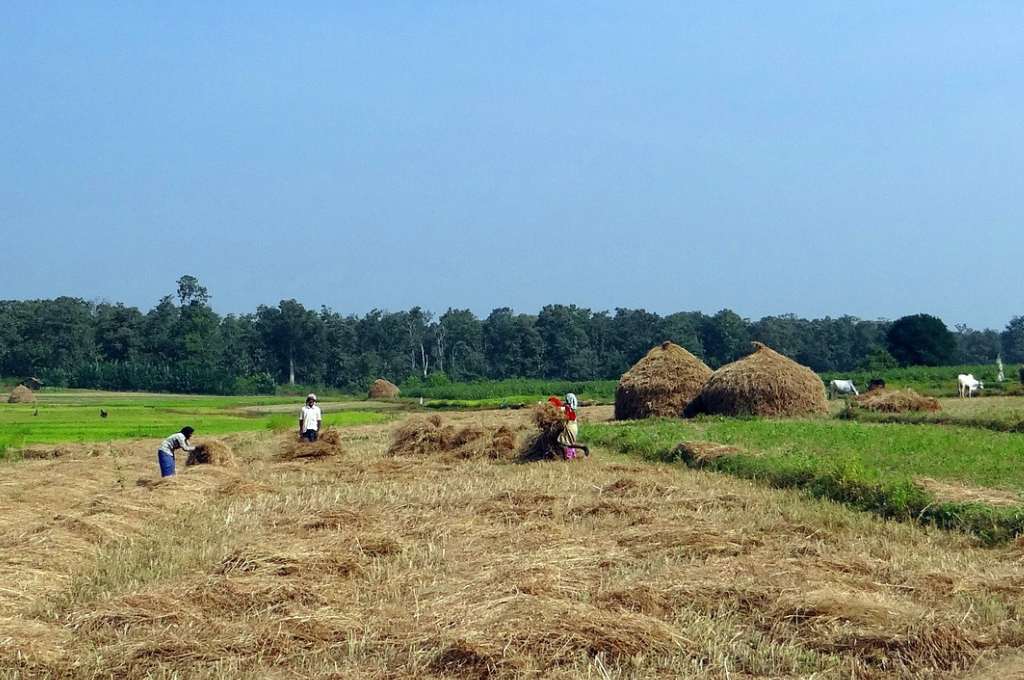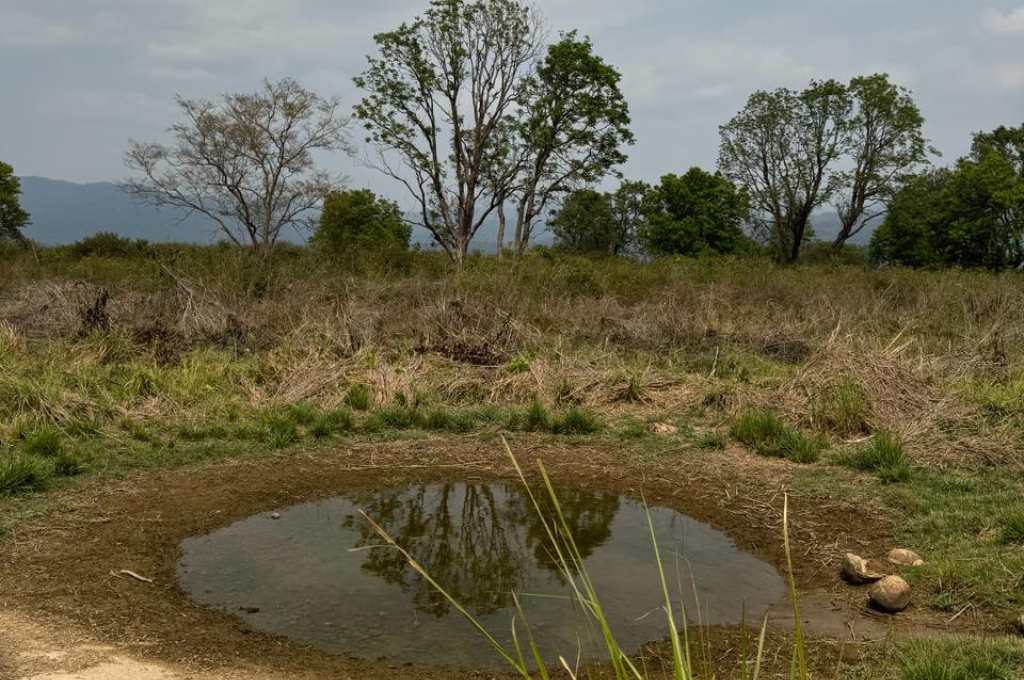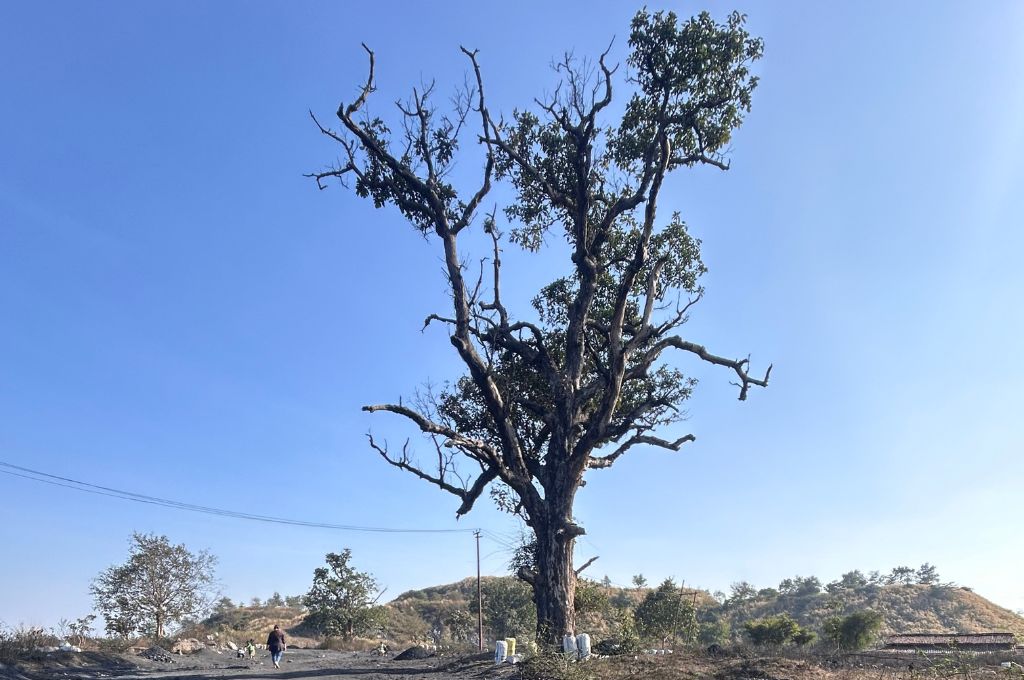Electoral misconceptions
In 2015, while working with the Rajiv Gandhi Mahila Vikas Pariyojana, I curated and led a leadership programme for rural women. I travelled extensively through Gorakhpur, one among 42 districts where the programme was implemented. My work involved conducting interactive leadership workshops with women who were interested in participating in panchayats.
Many of these women had already exhibited leadership qualities at the block and district level: by organising collective action to access government schemes; negotiating with bank officials for loans to start small livelihood activities; mobilising resources such as grains or money to help poor families in crisis; and conducting social audits on public schemes such as NREGA. Hardly any had considered contesting panchayat elections. After 20 odd workshops, I could see why.
Over and above the feudal, patriarchal context they lived in, it was clear that these women held common misconceptions about the election process.
- Most believed that women could only contest in the Mahila seats (reserved for women) and that ‘General’ category seats were for men.
- Most women didn’t know about the 50 percent rebate in the nomination fee for women/SC/ST/OBC candidates (an INR 300 nomination fee for the Sarpanch post cost women INR 150; similarly, for the INR 2,000 security deposit, women paid half).
- Women were also surprised to learn that they didn’t have to spend a lot of money on their campaigns. The Election Commission had set an upper limit for expenditure, but not a base threshold.
Busting these myths boosted their confidence. The following panchayat elections saw more than 2,000 women candidates at the village, block, and district levels, from across the 42 districts where we worked. Many of them were first-time candidates with minuscule budgets, and more than 1,000 of them won.
Ila Reddy is an independent development consultant, with over 10 years of experience working on governance and development issues in India.



